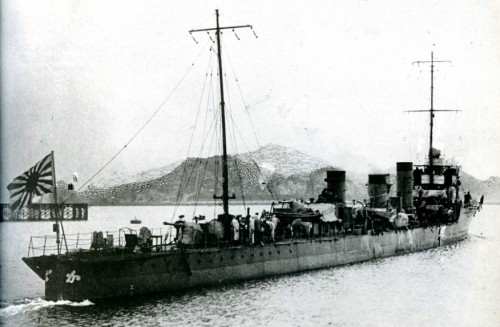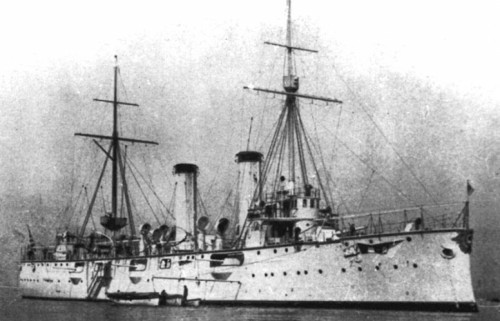peashooter85:The Japanese Mediterranean Fleet of World War I,While Britain was able to maintain nava
peashooter85:The Japanese Mediterranean Fleet of World War I,While Britain was able to maintain naval superiority throughout World War I, Germany’s use of submarine warfare and commerce raiders often spread the Royal Navy thin. In addition, the blockade of the North Sea, which effectively cut off Germany from ocean commerce required a lot of ships, manpower, and resources. To better protect the Mediterranean against German and Austrian submarines the British called upon help from Japan.Japan was one of the lesser known Allies during World War I, mostly due to the fact that it’s operations during the war were limited. When World War I broke out, Japan immediately joined the Allied Powers, using the war as an opportunity to seize German territories in China and the Pacific. The Japanese was the primary player in the Battle of Tsingtao, where the Japanese Army seized Germany’s largest stronghold in China. The Japanese also seized several German held island colonies, such as the Marianas, Caroline, and Marshal Islands. The Japanese Navy made history when it launched the first naval air attack, using seaplanes launched from a converted transport ship to attack the Austrian cruiser Kaiserin Elisabeth, thus beginning Japan’s reputation as a great naval aviation power.On March 11th, 1917 a Japanese fleet consisting of the cruiser Akashi and eight destroyers disembarked for the Mediterranean. This force, called the 2nd Special Mediterranean Squadron was later expanded to three cruisers and twelve destroyers. Under the commander of Admiral Kozo Sato, the 2nd Special Squadron would spend most of its time hunting enemy submarines and escorting Allied ships between ports in France, Italy, Malta, and Egypt. During its service, the fleet would take part in 38 combat actions against enemy submarines. In one of those actions, the Austrian submarine U-28 attacked the destroyer Sakaki resulting in the deaths of 59 Japanese sailors and officers. Another 13 would be killed in accidents and other engagements. During the war, the 2nd Special Squadron escorted 788 ships and 700,000 soldiers. In addition, the squadron was responsible for rescuing 7,000 people from damaged or sinking ships. In addition to Mediterranean convoy duties, the Japanese Navy would donate twelve destroyers to the French Navy. As a reward for their services, the Japanese Navy would receive seven German and Austrian U-Boats, which would be studied and used to found the Japanese submarine program after the war. -- source link


